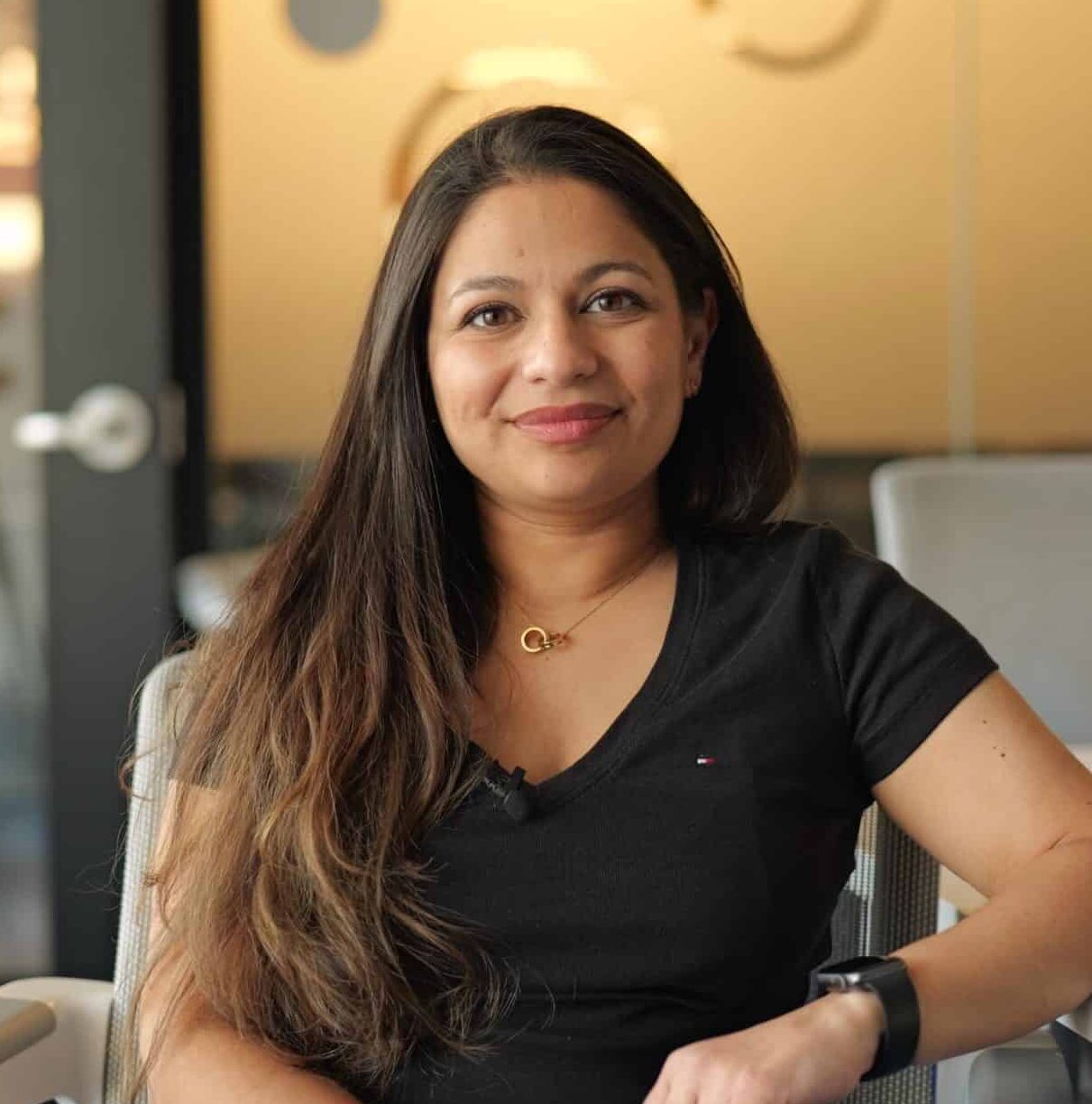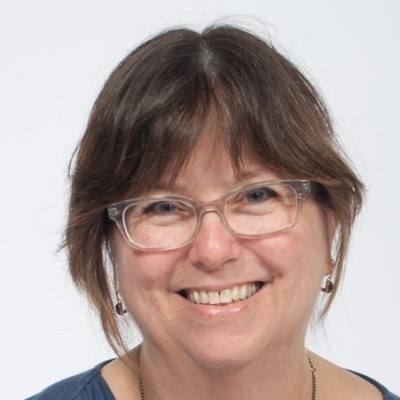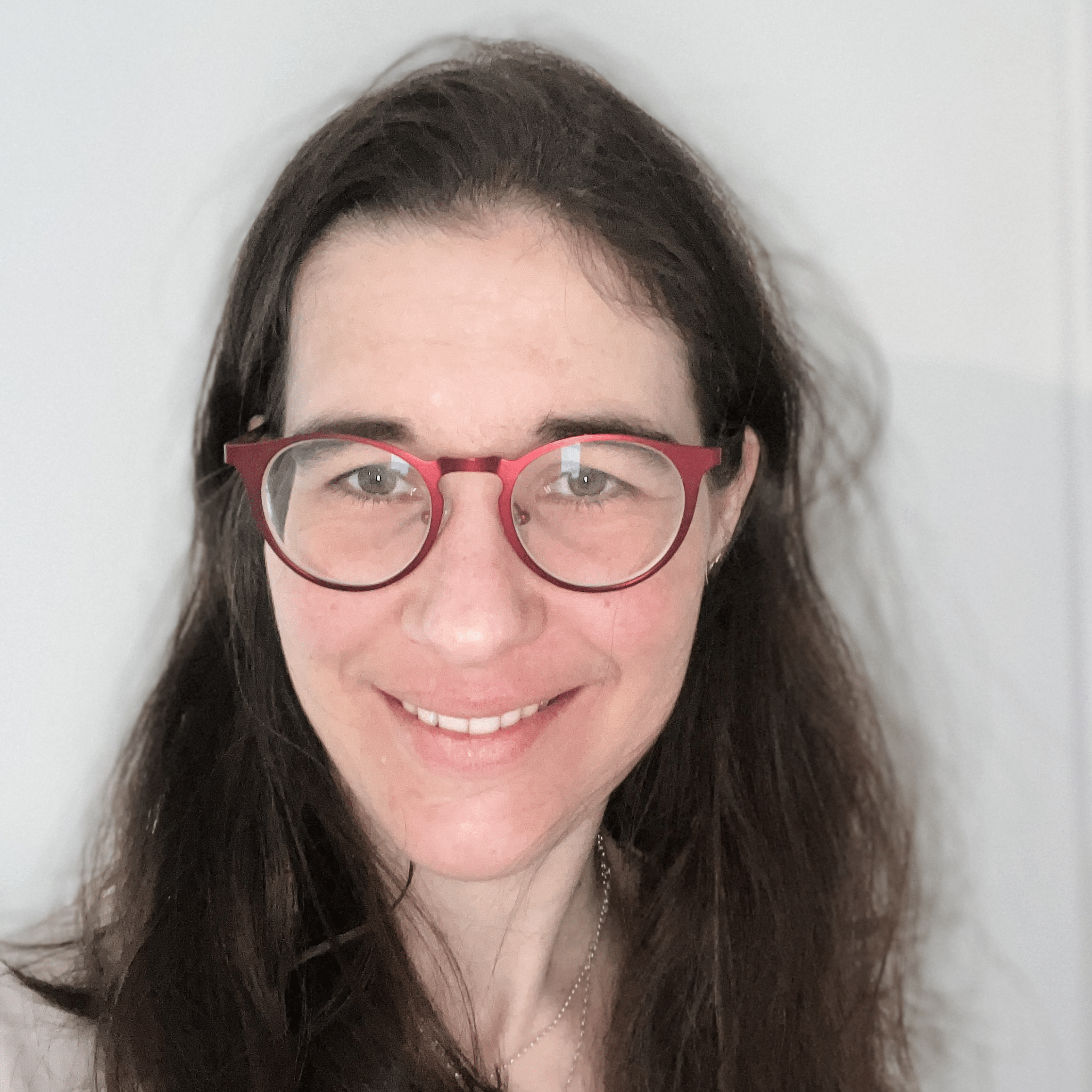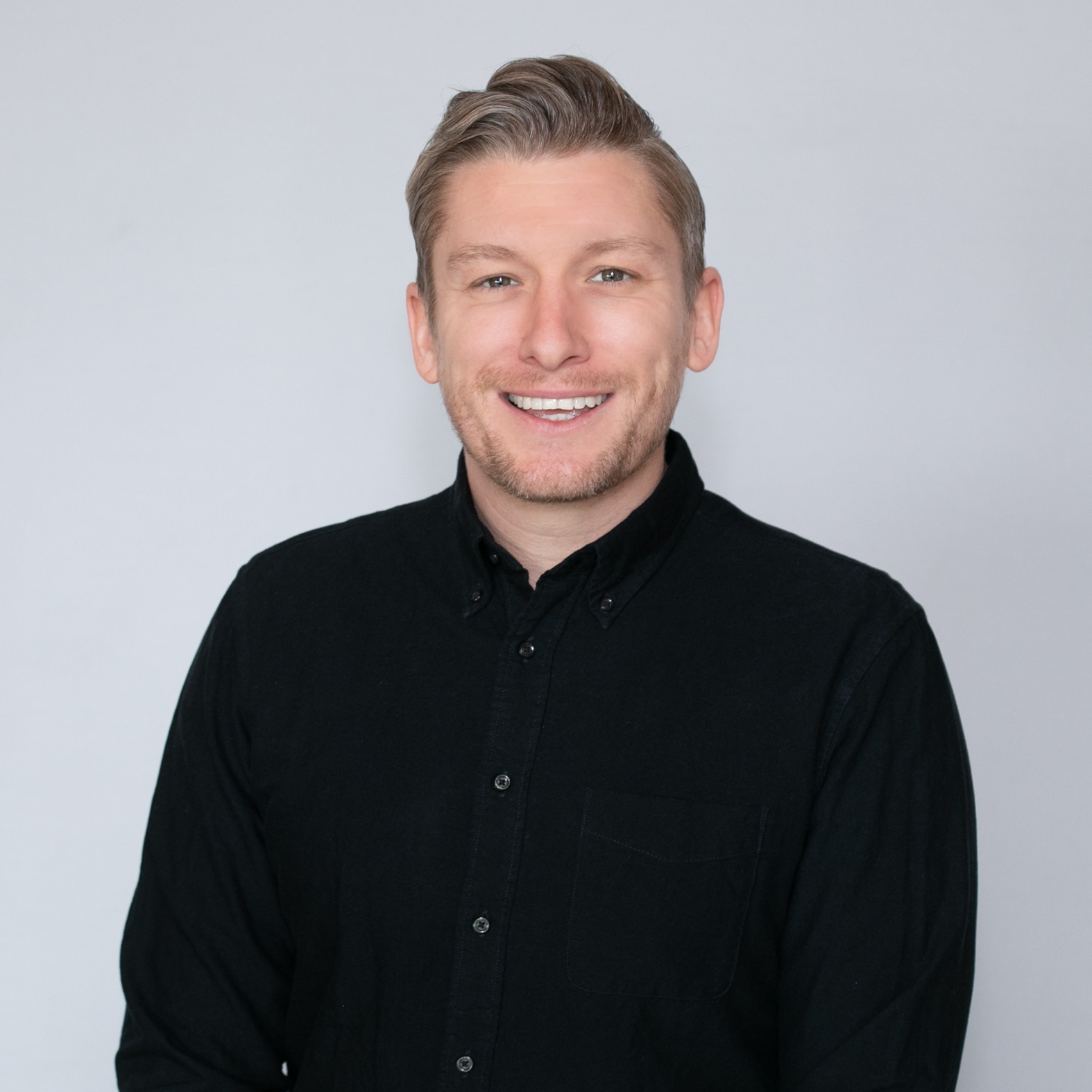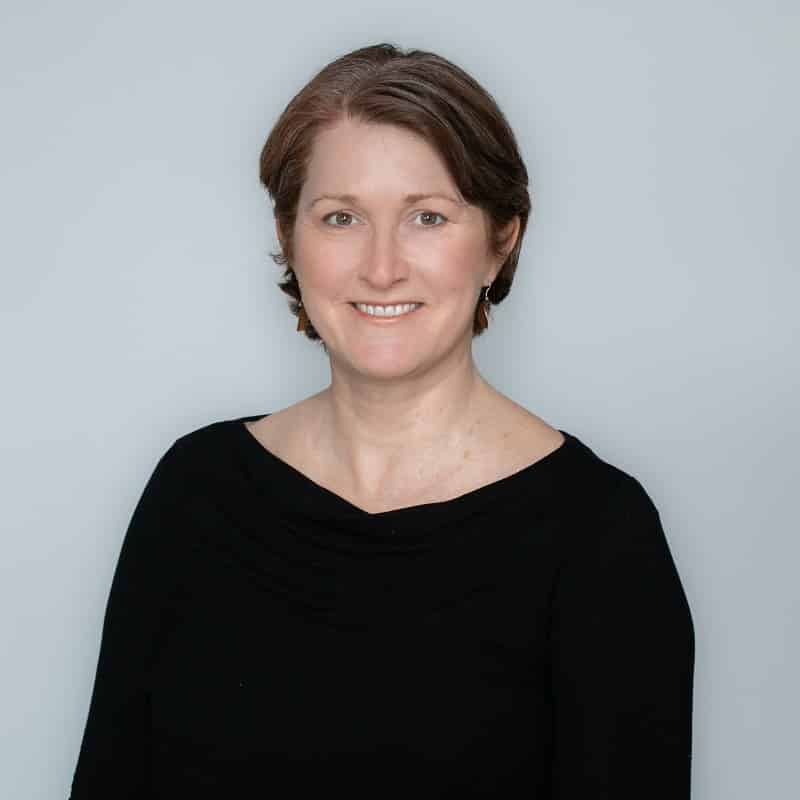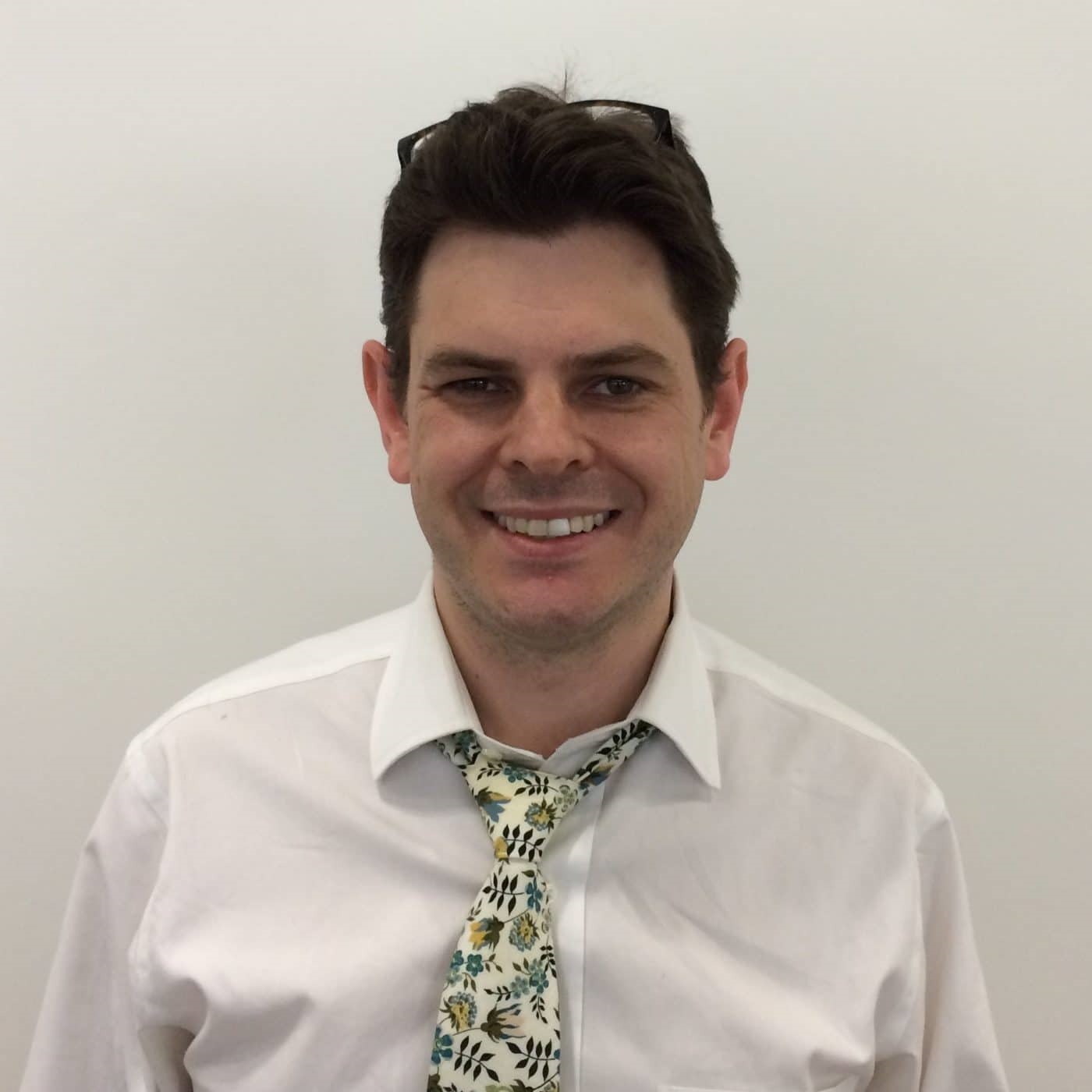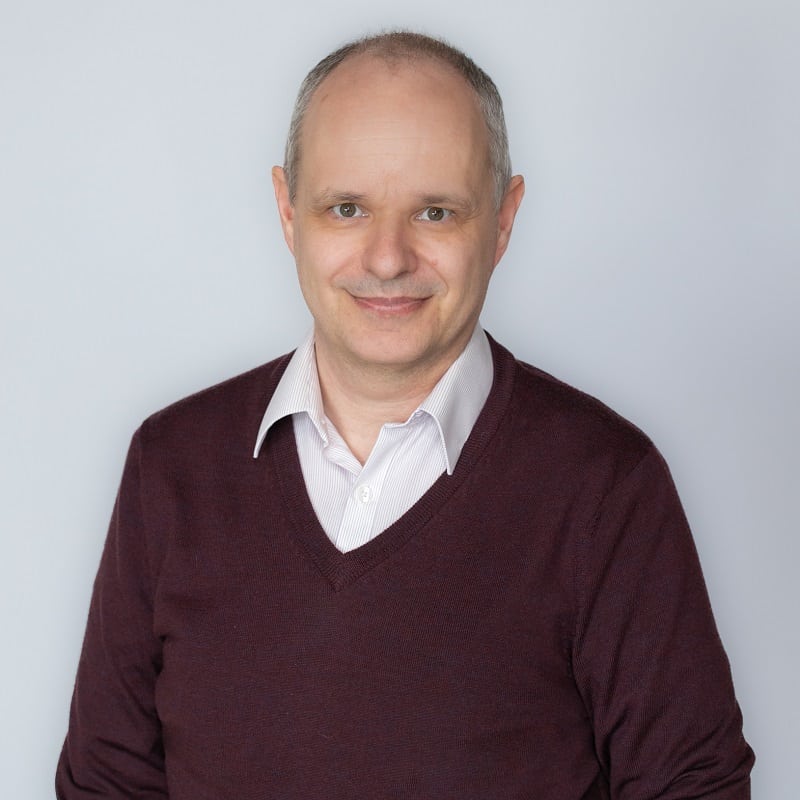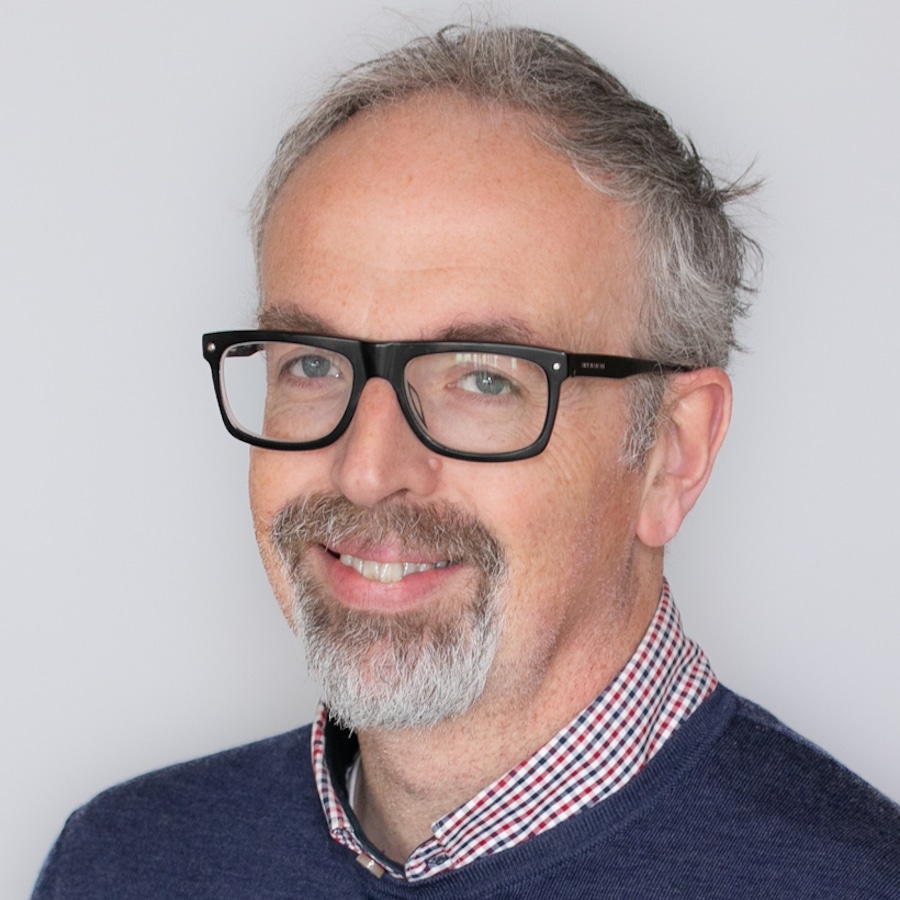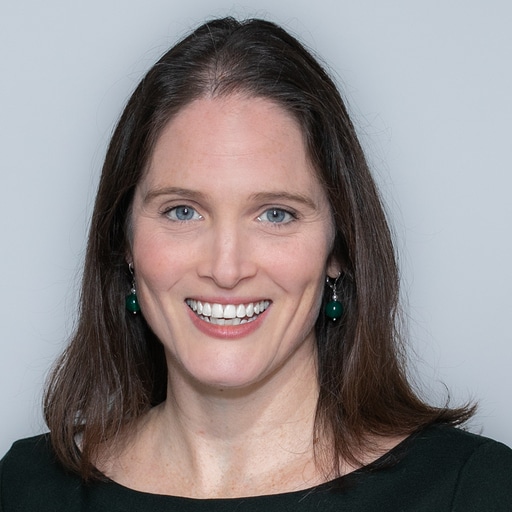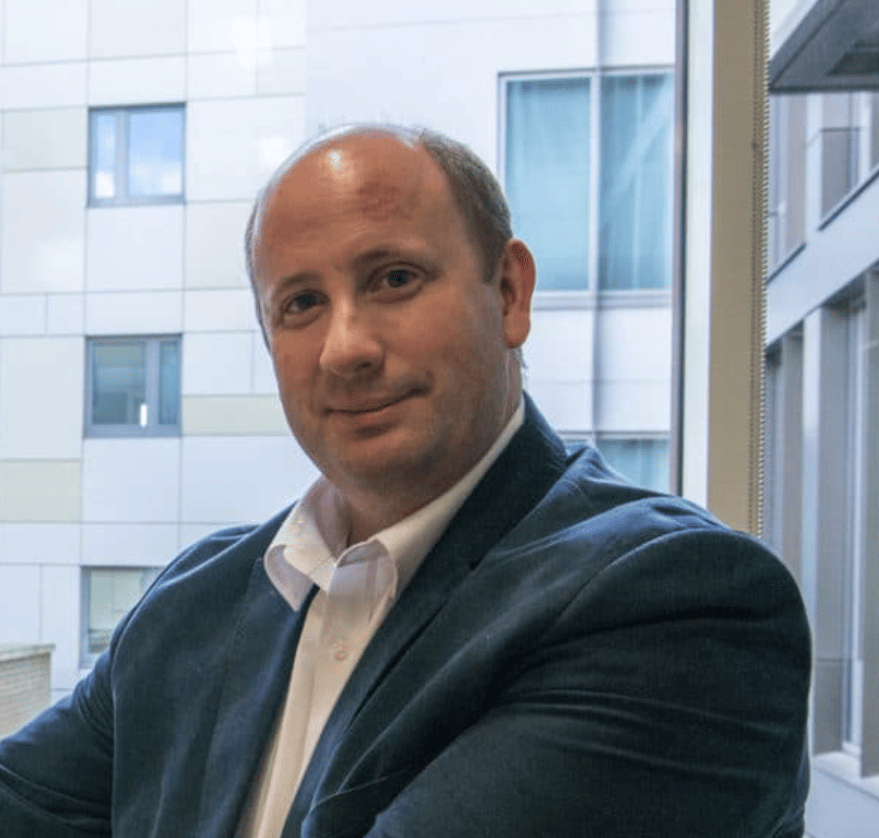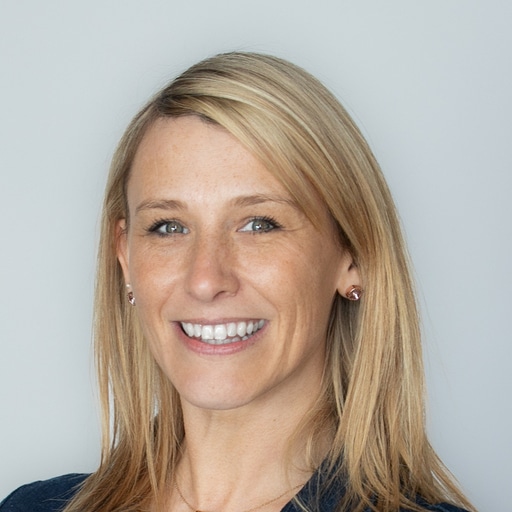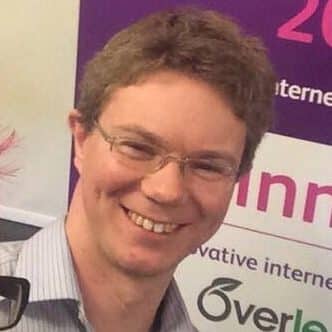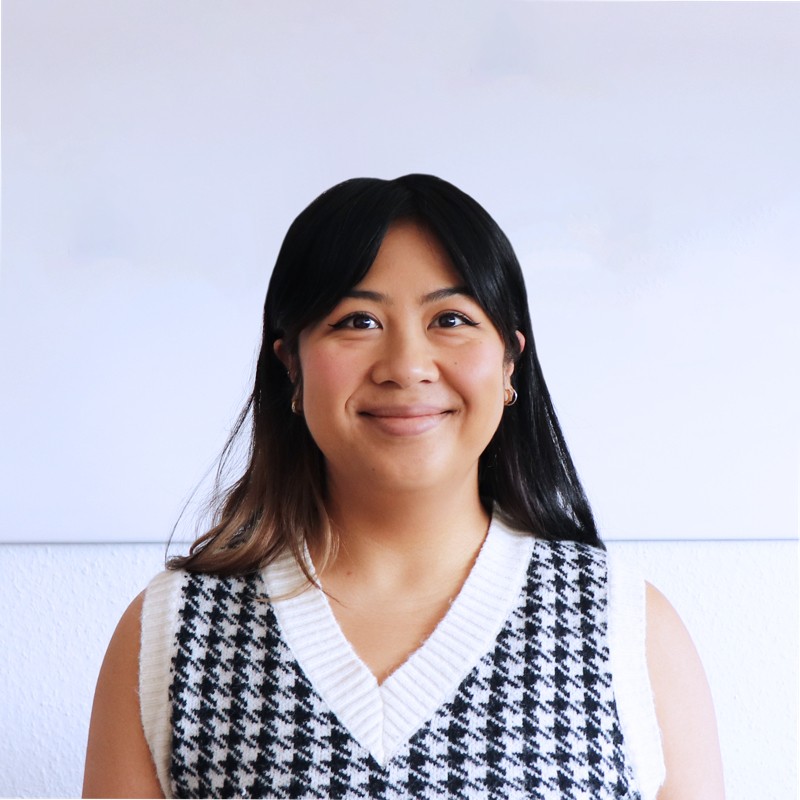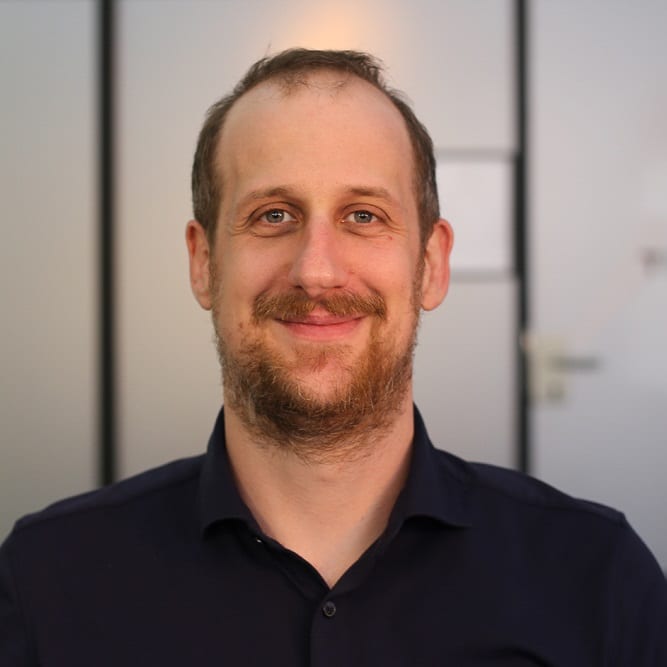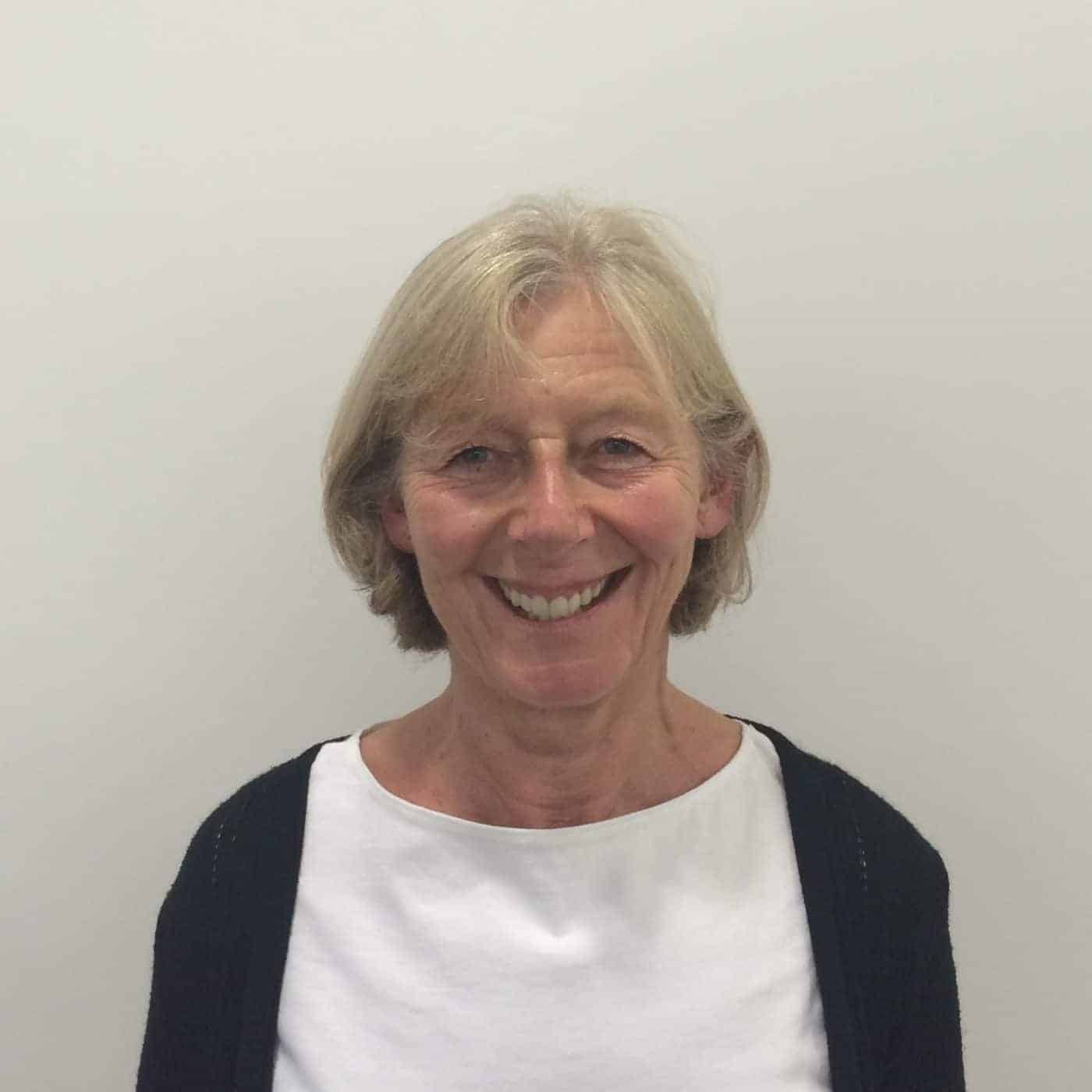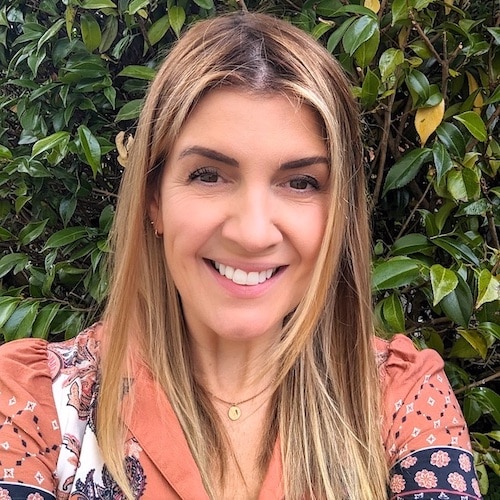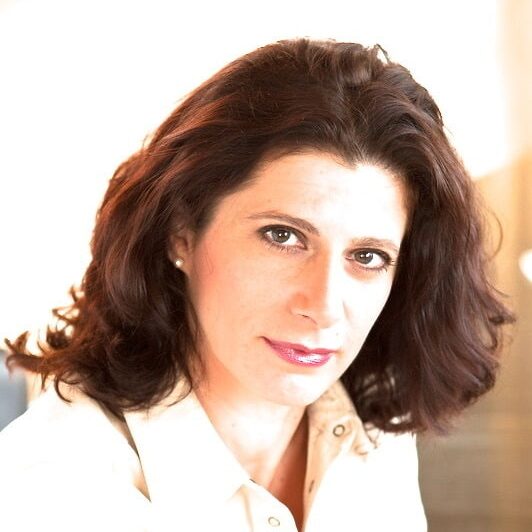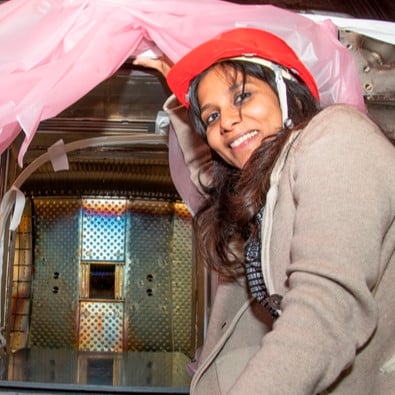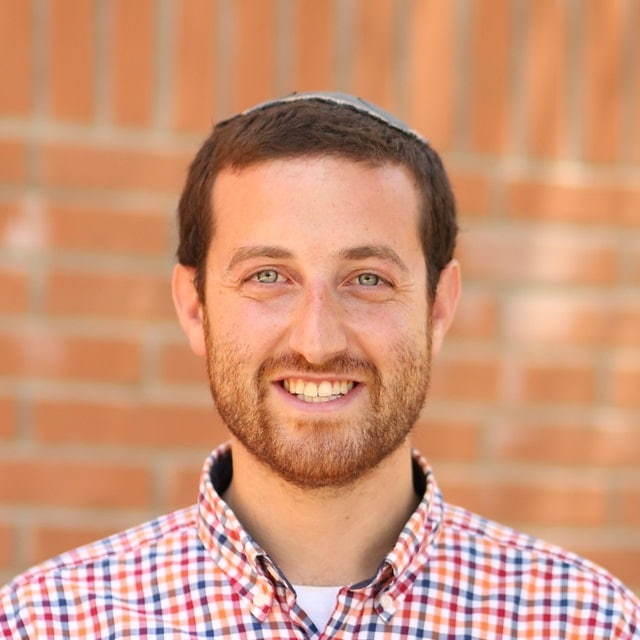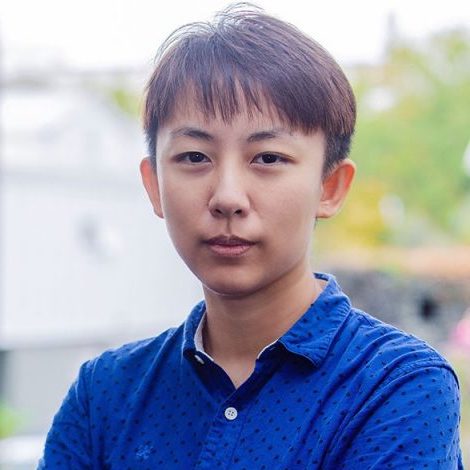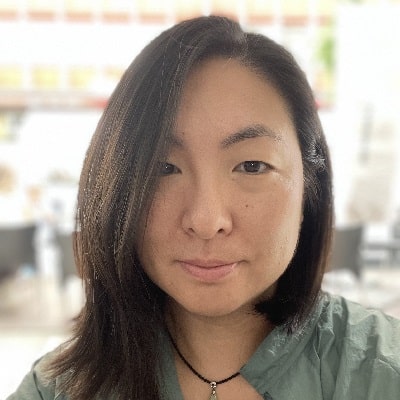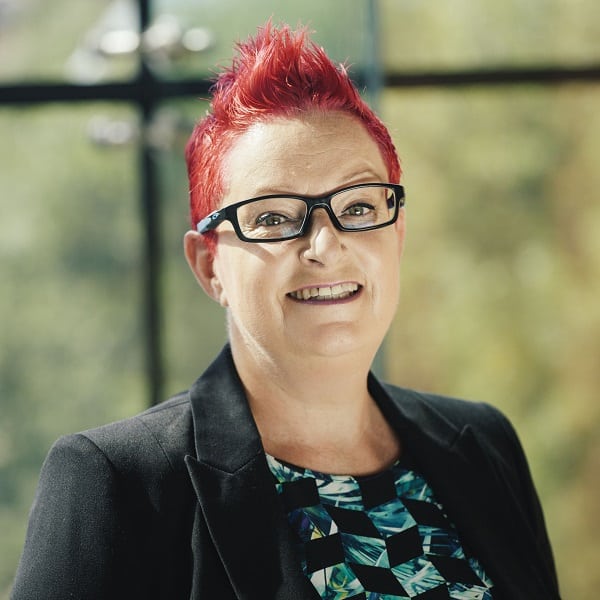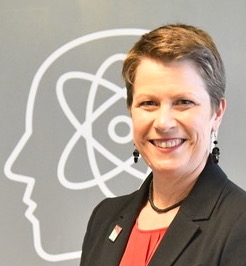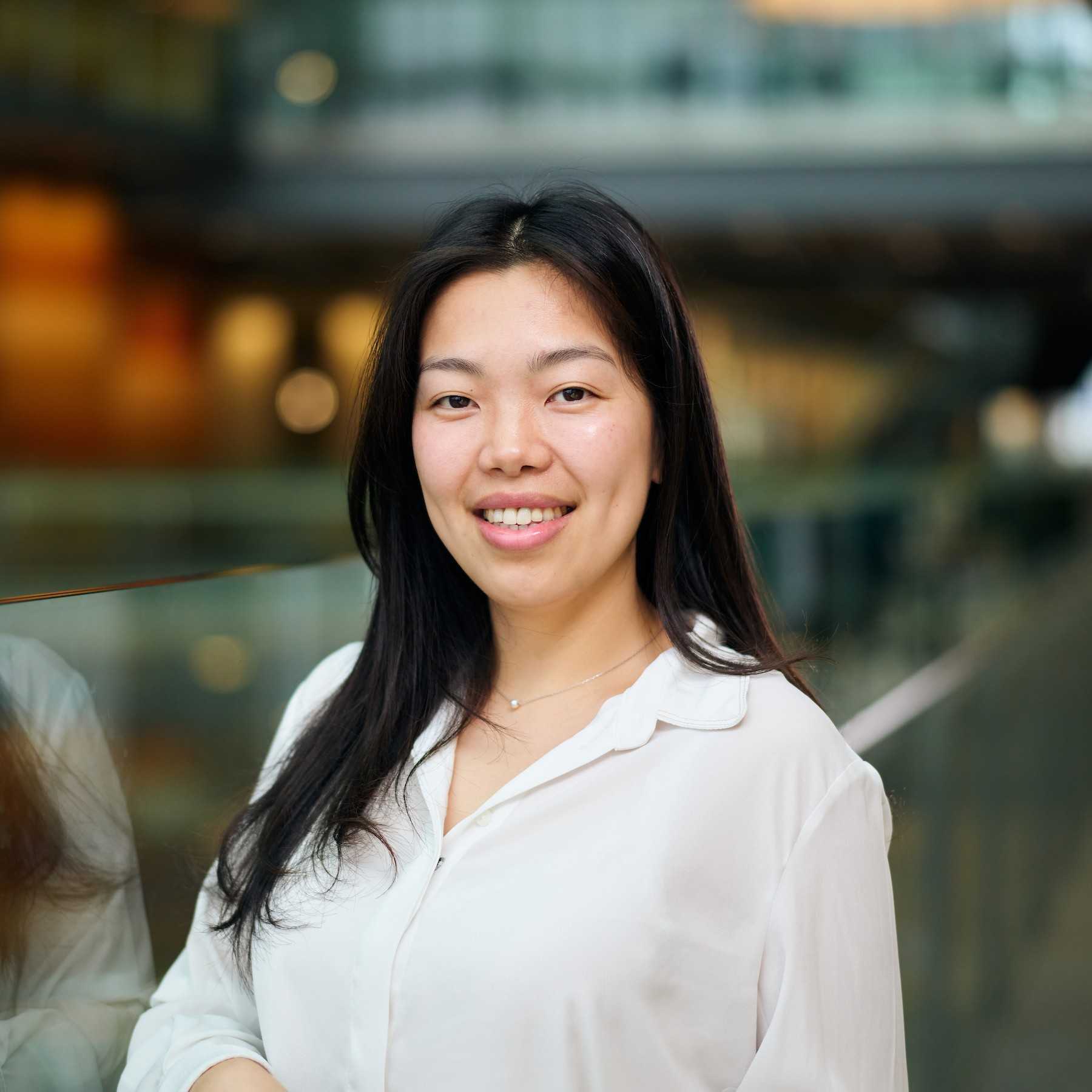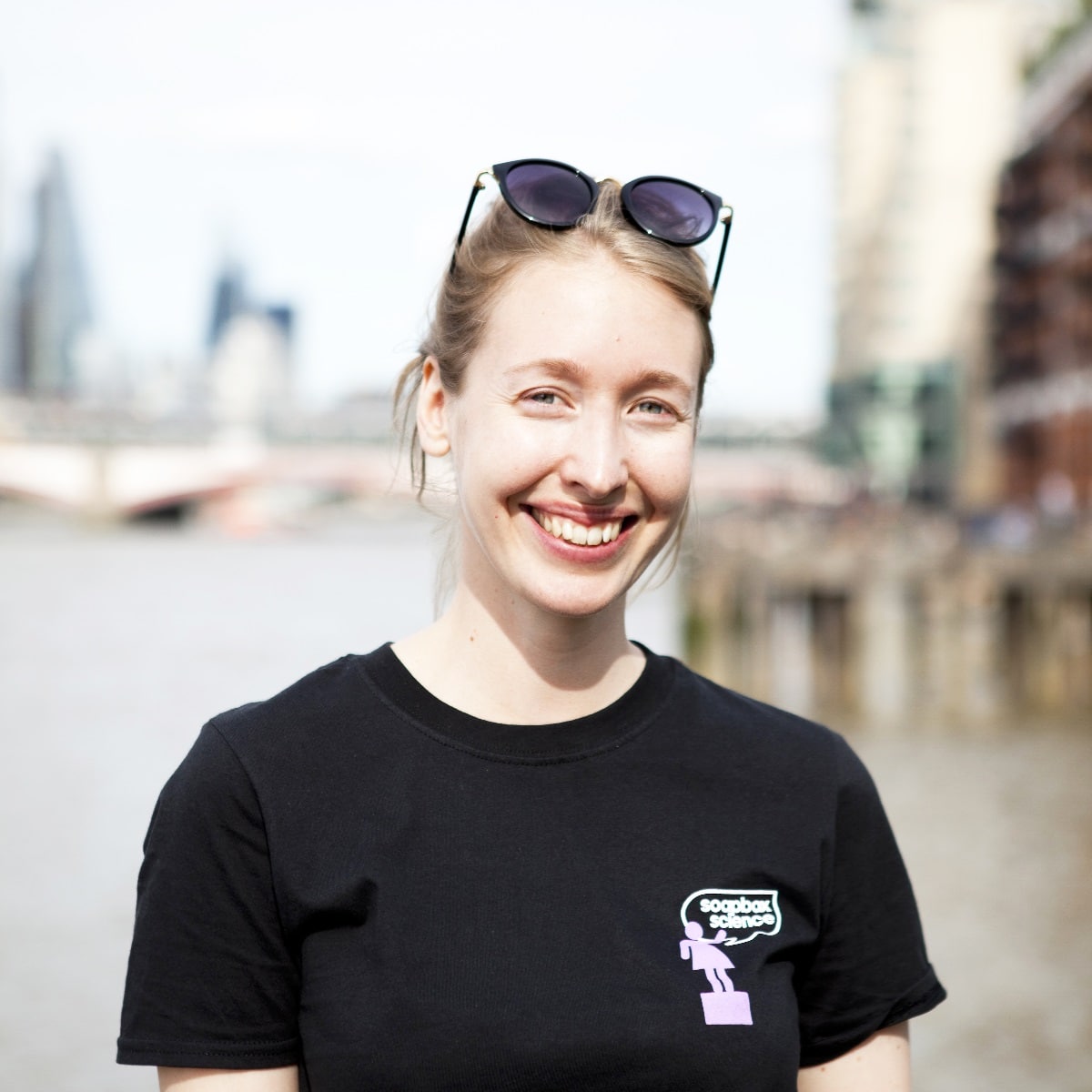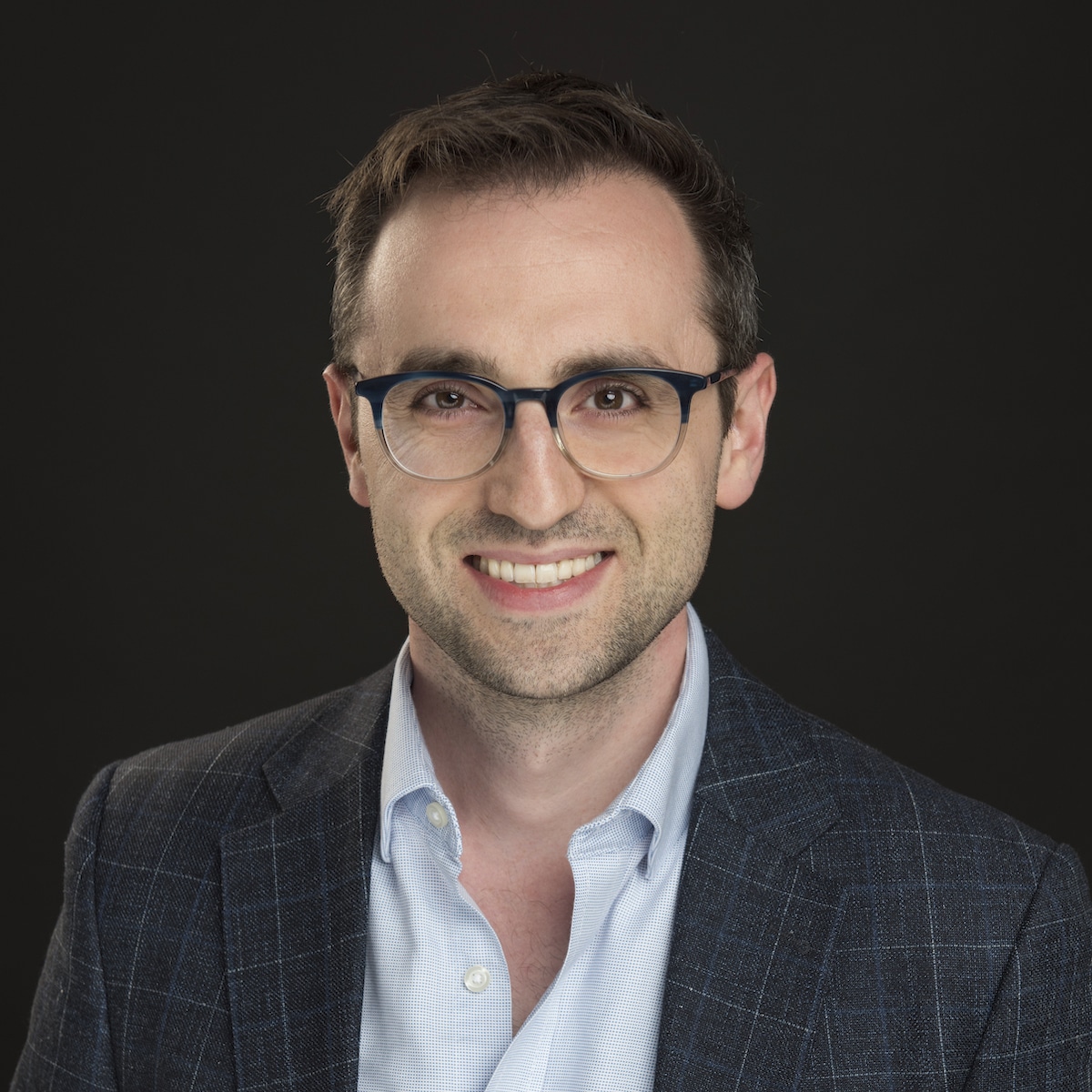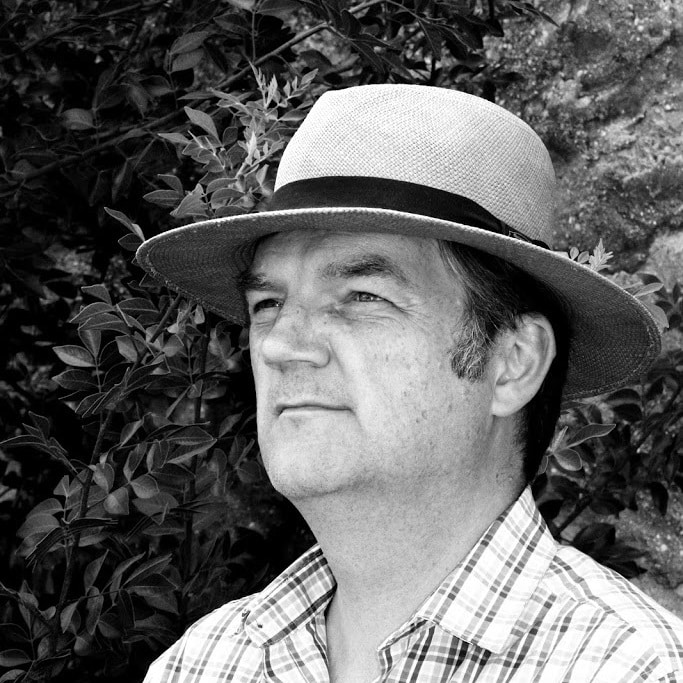To paraphrase Cy Grant – via Nina Simone and Muse, of course – it’s a new dawn, it’s a new Tuesday, it’s a new month, for us, and we’re feeling like a brand new Speaker Series episode! This month, Suze went to the beautiful library of the Max Planck Institute of the History of Science in Berlin to meet Dr Maria Avxentevskaya, Postdoctoral Fellow at the Max Planck Institute for the History of Science, and Dr Ben Johnson, Postdoctoral Fellow at the Max Planck Institute for Chemical Energy Conversion.
The Max Planck Institute has played a role in many research breakthroughs that have impacted society. In this chat, Maria, Ben and Suze discuss the history and philosophy of science, exploring topics such as the role of scientific institutions, cycles of complexity in science, ethical considerations in scientific research, and the ever-changing, transformative landscape of research practices. They also tackle the impact of new technologies, such as AI, on the scientific community and society, and the importance of science communication and public engagement.
The role of scientific institutions in shaping the practices of science
A while back the physicist Sir Roger Penrose wrote a book called Cycles of Time which considered whether we are in a particular phase of cyclic universes. The same can perhaps be said for the way we do research and the implementation of the outcomes of that research. While we often worry about the future impacts of today’s research and innovation, it is important to remember that as a civilisation, we must not forget that research and indeed society’s adoption of new technologies is a tale as old as time. The way we do research is continually transforming, shaped by new understanding, new processes, and new technologies.
Maria and Ben remind us of the relevance of historical insights and reflect on the evolving role of scientific institutions. They highlighted the enduring influence of early scientific practices on modern science, particularly in disciplines like medicine where adherence to rigorous methodologies remains critical due to the high stakes involved. This highlighted the tangibly enduring legacy of the scientific method we know and love to this day, established centuries ago to ensure logical rigour through systematic experimentation, the publication of those findings, and the replication of those results. Though this may feel like an immovable, rigid framework to work within, we know that the way we do research has changed over time, shifting around the core pillars. Maria and Ben advocate for a nuanced approach to scientific progress that balances innovation with principles of scientific integrity and ethical responsibility.
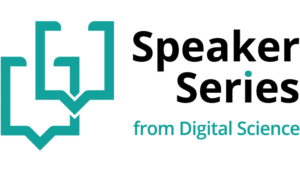
Learning about the adoption of new technology from old times
When it comes to groundbreaking innovation and its impact on society, history tells us that we have survived eras of significant technological change brought about by the outcomes of novel research such as electrification and quantum mechanics. These historical shifts were daunting to society at times, and sources of optimism at other times. Maria and Ben remind us that human understanding of the world evolves in waves of comprehension and uncertainty. This cyclical pattern continues today, particularly in the many varied discussions on artificial intelligence and its potential societal impacts.
Maria makes an analogy between the teething troubles of AI in society, and the move from the spoken word to the written word as a way of transferring and recording knowledge. She suggests that by better understanding the history of science and research, we are better equipped to deal with the challenges we face in our future, especially around the adoption of new technologies.
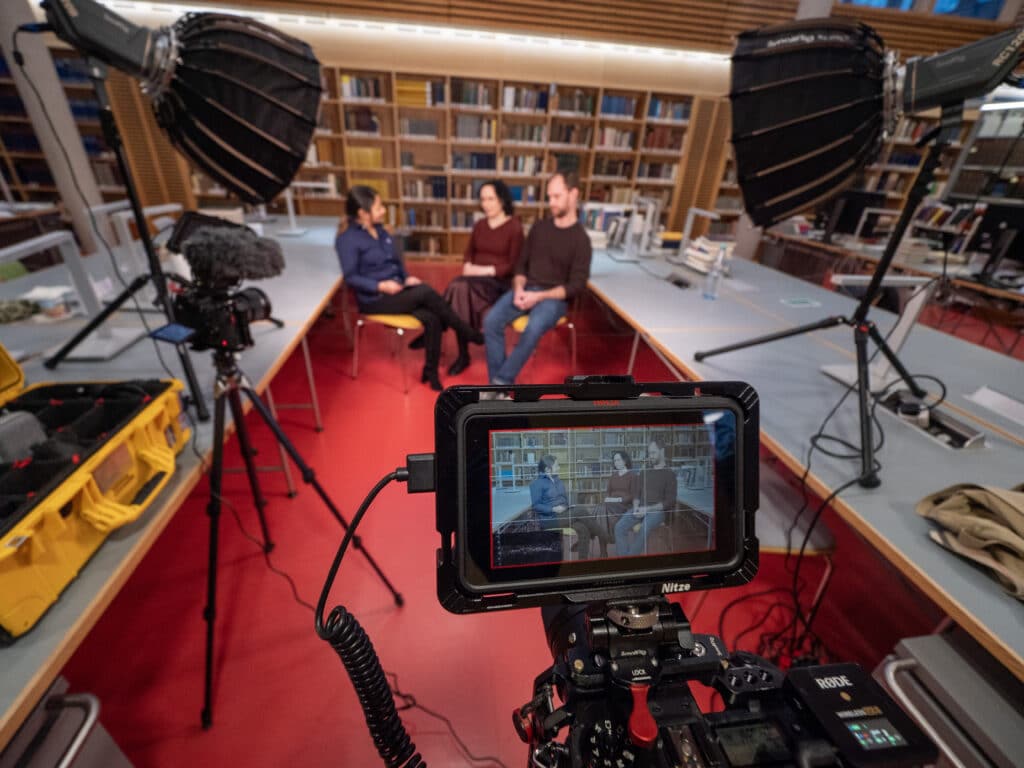
Ethics, science communication and public engagement
Maria and Ben also chat about the ethical implications and societal impacts of emerging technologies, and particularly AI. They highlight how the dangers often lie not just in the technologies themselves, but in how they can be utilised without thorough consideration. Ben discusses the ethics around generating outputs like music or news reports. Although AI can replicate content, Ben asks whether it is able to foster genuine creativity that goes beyond what humans have already produced.
Taking us all the way back to the 17th century, Maria and Ben talk about Francis Bacon’s insights on the responsible use of scientific knowledge, advocating for a balanced approach that respects and balances both the potential of technology and its limits. Bacon’s vision of science benefiting humanity resonates strongly, suggesting that today’s ethical dilemmas surrounding AI and other technologies can be navigated through informed public engagement with true dialogue, and the impactful communication of those ideas. The chat highlights the importance of historical perspective in addressing current and future challenges, highlighting parallels between past debates and present concerns about the ethical deployment of technology for the benefit of all of society.
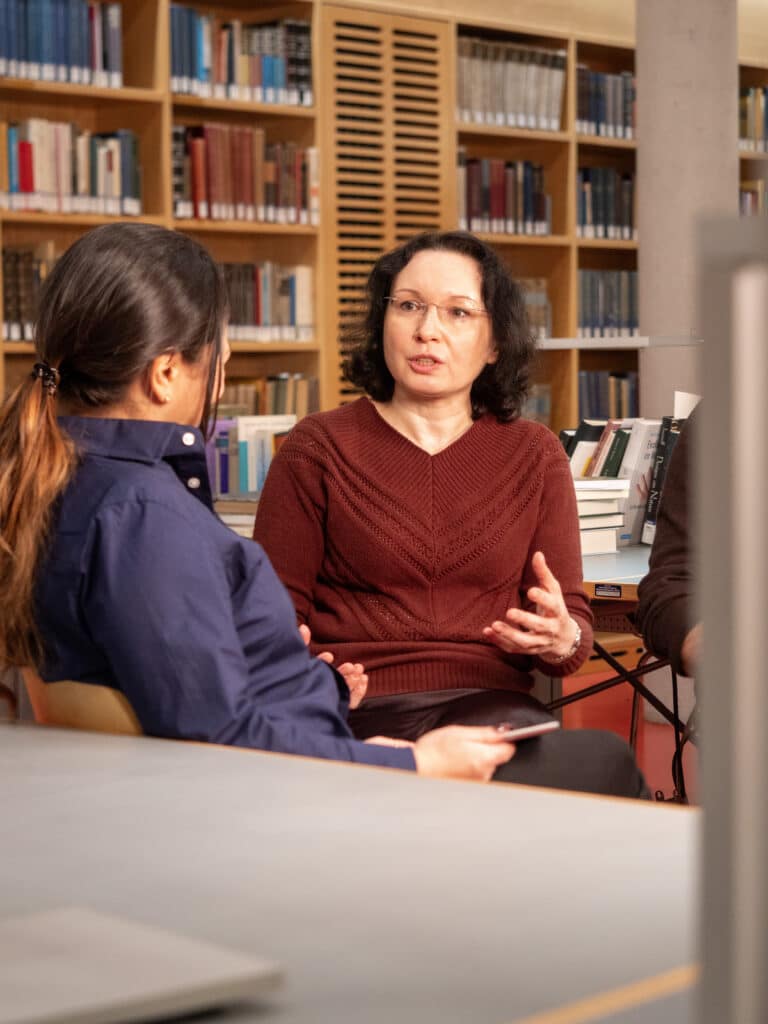
The future of research should be supported by its history
In the evolving landscape of new technologies, scientific research is continually evolving. Digital platforms and AI are reshaping research practices and scholarly communications, fundamentally changing how scientific information is disseminated and evaluated. This evolution naturally leads to subject-specific differences in research processes and publication formats, with multimedia approaches becoming increasingly prevalent.
When we consider the historical evolution of science, clashes between science and pseudoscience such as were seen during the height of the COVID-19 pandemic are nothing new. historical perspectives should inform discussions on how society has dealt with misconceptions and misinformation in the past, and offer insights on how to overcome current challenges.
Maria and Ben wrap up their chat by asking even bigger questions about the changing role of researchers, and questioning whether traditional research practices are still optimal for addressing today’s societal needs. They advocate for a broader understanding of what constitutes research and emphasise the importance of engaging with diverse perspectives to foster effective science communication and ethical scientific practices.
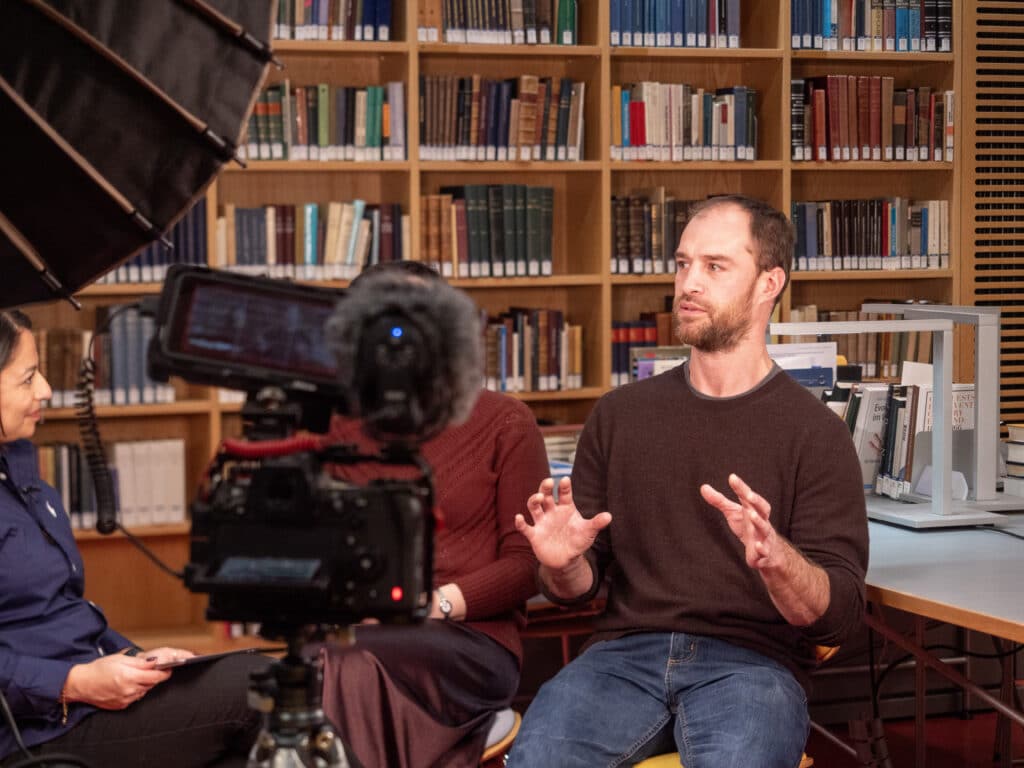
Check out our Speaker Series playlist on YouTube which includes chats with some of our previous speakers, as well as our TL;DR Shorts playlist with short, snappy insights from a range of experts on the topics that matter to the research community.
With thanks to Huw James from Science Story Lab for filming and co-producing this interview. Thanks also to Maria, Ben, and the team at the Max Planck Institute for the History of Science in Berlin.

